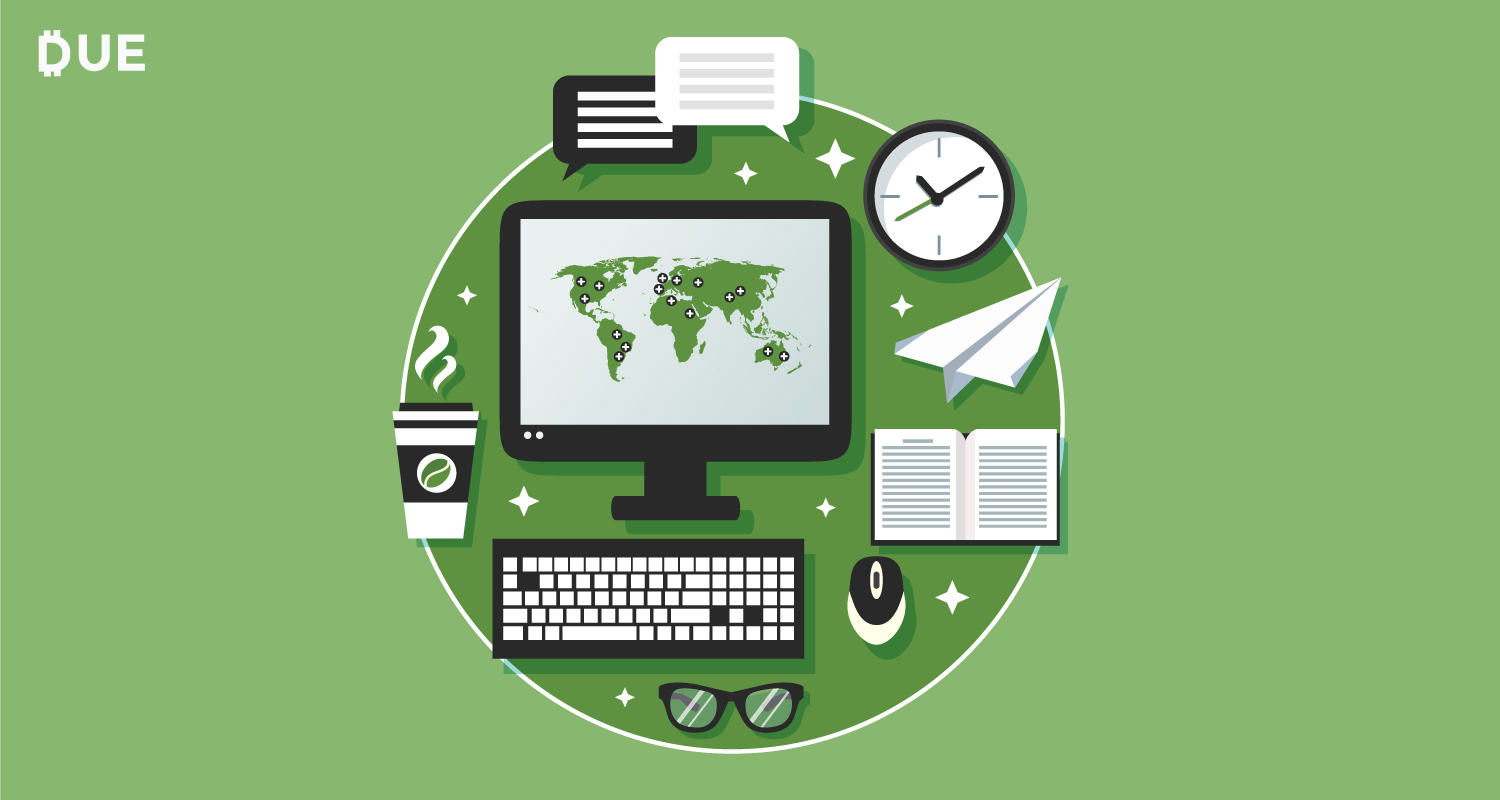Freelancing full-time is something many people hope to do. I enjoy freelancing and love the flexibility that it gives me now that I work for myself. But to be successful, there are a few critical details that you need to consider first before taking the plunge. Doing quite a bit of preparation beforehand will make the transition far less stressful.
Table of Contents
ToggleWhat are your long-term goals?
Working for a company usually gives you a clear career path. You know exactly what you need to do to get promotions and to receive raises. Choosing a career direction is entirely on your shoulders when you’re freelancing full-time. Think about this carefully.
Do you want to be a freelancer forever? If not — what is your end goal and how can you reach it? You probably want to give yourself a raise each year. How do you plan to make it happen?
Where will your consistent work come from?
Freelancing is relatively stable when you have repeat clients and reoccurring work each week. This lets you plan out your month and project your income. I always suggest that aspiring freelancers have some consistent worked lined up before they dive into full-time self-employment. Reoccurring work gives you stability. It’s good to know you have cash coming instead of having to start over each month seeking new income.
Do you have emergency savings?
I can’t stress enough how important an emergency savings account is when you freelance. Some months you’ll make money hand over fist. There will be some other months where checks are slow to come in. Your emergency fund is what you can rely on to keep you afloat until income starts flowing.
How much you’ll need in emergency savings depends on your household expenses. Keep a very slim budget, and you may be able to stash away less cash. The rule of thumb is to save three to six months of expenses in liquid savings just in case business is slow.
What will you do for health insurance and retirement?
One aspect of working for yourself is that you have to pay for insurance completely on your own. This is a less exciting and expensive part of being self-employed. What you’ll do for health insurance is a personal choice but something to consider before taking the leap. The price of care can be astronomical if you aren’t insured.
A retirement plan is also something you’ll need to come up with on your own. Fortunately, there are many options for self-employed workers such as IRAs and other retirement accounts. Review your options before jumping into self-employment so you have a plan in place.
Final Word
Freelancing full-time is one of the best career choices I’ve made. It has it’s challenges, but it also gives me the freedom to work from home. It also gives me the flexibility to work as much or as little as I want to depending on the season.
Before you can take advantage of the great things freelancing has to offer, you do need to prepare to put yourself in a more stable position. You may not have all the answers right now, but try to map out a general direction of where you want your career to go. Get some consistent work, beef up your savings, and think about the long-term financial logistics.














